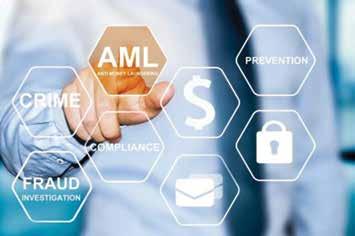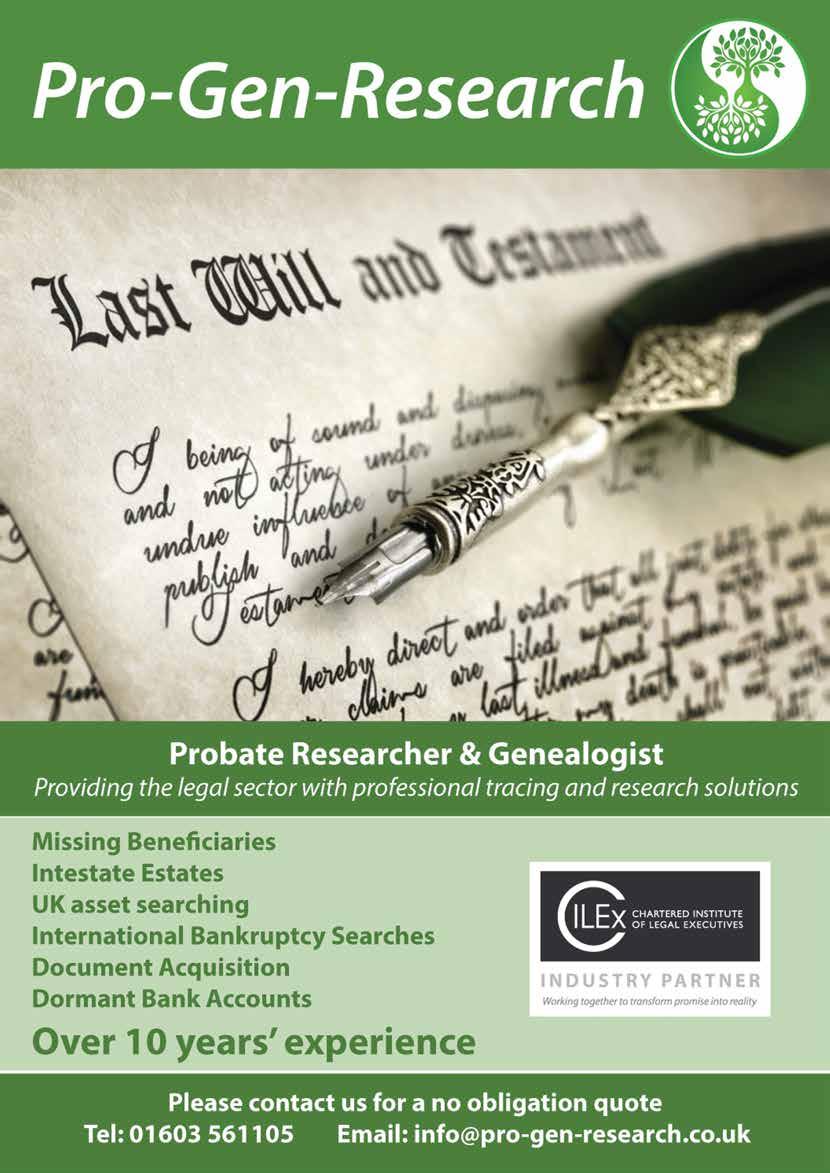
6 minute read
Education and Training Update
By Amanda Timcke
It has been a difficult and busy year in this field, with all education institutions looking to alternative methods to ensure that curriculum needs are fulfilled.
In particular, there have been developments in the provision of undergraduate law degrees by the University of Suffolk (to be celebrated) and separately the SRA bringing forward the Solicitors Qualifying Examination (SQE) (SRA | Solicitors Qualifying Examination (SQE) | Solicitors Regulation Authority).
I was honoured to be asked to be a panel member for the re-approval and validation of the pure LLB (Hons) Law undergraduate degree route for the University of Suffolk this year. Whilst a challenging and robust process for all that participated, the course design and delivery was commended by peer review as showing “Gold Standard” and “Best Practice” throughout. Whilst Covid-19 has surely had an impact on all undergraduate learning across the Country, the University of Suffolk has supported its learned lecturers to embrace new ideas and new technologies and retain remotely, collaborative, team working skills and peer learning for students. It is also important to note new course modules coming on-line for students which include invaluable practical skills training and employability. It is worth highlighting the Clinical Legal Practice module which includes the possibility for students to undertake a work placement to either participate in or observe related work in practice. This article is therefore also a shameless plug for support from the wider legal community please. These are your employees of the future, and we have a real opportunity to shape their legal education and retain a work force after graduation. With that in mind, I would like to say a few words about the SQE. This seems to be the year of change for the profession in so many aspects, root and branch, however, we must recall that one of the intentions behind the SQE is to open up social mobility and diversity into the profession. Disappointingly, the SRA has stated that “We do not regulate, accredit or endorse training providers or organisations. We also have no role in approving, endorsing or overseeing the training courses or materials, or their quality”. This is therefore an uncertain time for employers and students/graduates alike. As a profession we should continue to engage with any consultations on reform and any education establishments in our geographical area or sphere of influence. I am reminded whilst writing of West Suffolk College, and Phil Stitte’s article in a previous edition regarding legal apprenticeships. There are fabulous opportunities for growth, succession planning and let’s not forget, engaging essential support staff in their chosen careers. We all just need to think outside the box at times, be creative, and this is something the pandemic has forced all of us to embrace.
Professional CPD learning has been challenging for SNELS this year, as so many organisations have provided on-line free sessions to cater for most needs. However, this key role has not been forgotten. The intention is to send out a short questionnaire to seek your input on the design and content of this moving forward. We are also fostering relationships with the Cheshire and North Wales Law Society, who have kindly offered out their programme of courses to our members.
Finally, if any Solicitor reading this, is inspired to take on the role of Education and Training Officer of SNELS, please do make an expression of interest with a covering note of your skills pertaining to this voluntary role, to: Christine at snels@topcopysec.co.uk.



Anti-money laundering back in the spotlight for conveyancers
Recent AML audits by the SRA have once again highlighted the challenges of AML compliance for the conveyancing industry. As we know, conveyancing is one of the highest risk areas for AML so, if your practice hasn’t yet been audited by the SRA, the chances are that it will happen at some point in the future. With that in mind, we’ve put together a quick update for conveyancers with some practical tips to help with AML compliance.
What have the SRA audits identified?
Although emphasising that most law firms take AML very seriously, as a result of the audits, the SRA has identified that there can often be a difference between a firm’s AML policies and procedures and what actually happens in practice. Nearly two thirds of firms reviewed needed some form of engagement with the SRA and a further nine were referred to the SRA’s AML investigation team.
The SRA team found that half of the files they reviewed had issues such as lack of due diligence – examples included the client being known to the partners, expired documents and client due diligence records not being accessible to appropriate staff.
Additionally half of the firms the SRA dealt with were failing to carry out effective audits. For example, although the MLRO / MLCO can contribute to the audit, it needs to be overseen by an independent party.
A full report on the findings can be found on the SRA website(i). To view the most up-to-date AML guidance compiled by the Legal Sector Affinity Group, please visit the Law Society website(ii). This guidance replaces the Law Society practice note on AML.
How an electronic AML check can help
Although an electronic AML service can’t do all the work for you, it can certainly help your conveyancing team to meet many of the Directives’ requirements. The key features of an online service are that it:
• Automates your risk assessment based on multiple checks (number of checks depends on different profiles). • Provides automated screening of sanctions, PEPs and alert lists • Automates record keeping and audits, removing expired data • Offers both simplified and enhanced due diligence • Monitors compliance of clients and the firm, with downloadable reports • Ensures on-going due diligence, creating alerts for non-compliant documents or data Please note, however, that it isn’t sufficient to merely rely upon an automated service to meet AML requirements. Law firms and more specifically, Money Laundering Compliance Officers, are still responsible for ensuring that clients are who they claim to be. This means ensuring a risk assessment policy is in place (and reflected in the AML service being used), that the automated service meets all your requirements and being aware of the sources of data used in assessments. The world of identity checking is changing very quickly so, if you already use an automated service, we recommend checking the latest features with your supplier.
The Geodesys AML service offers you all of the above features through a single AML dashboard that’s incorporated into our ordering site. You can carry out both a simplified or enhanced search and we can help you with setting up your risk profiles.

For further information of our AML service and to arrange a demo, please contact:
Kay Toon, Geodesys Account Manager on 07764 987259 or email kay.toon@geodesys.com
References:
(i) https://www.sra.org.uk/globalassets/documents/sra/research/anti-moneylaundering-aml-visits-2019-2020.pdf
(ii) Legal Sector Affinity Group anti-money laundering guidance for the legal sector https://www.lawsociety.org.uk/en/topics/anti-money-laundering/anti-moneylaundering-guidance










